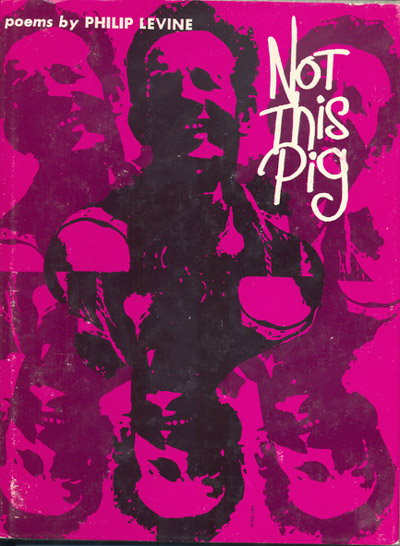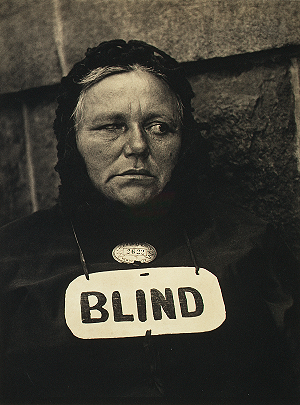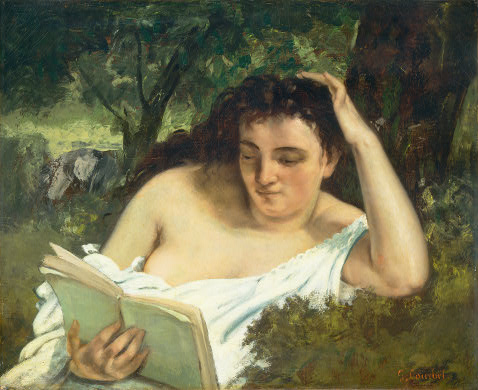Even weather wants brand loyalty these days. “Blizzard” isn’t good enough. Wags on the east coast are working overtime to coin catchy names like Snowpocalypse and Snoverkill for the latest storms. I have to admit, I liked the sound of Snowmageddon 2.0 for yesterday’s second punch.
As I shoveled my sidewalk last night under glowering skies, I thought of this photo of Soviet troops parading on Red Square in November 1941. Back in the day, snow was removed there by an army of babushkas in shawls and sensible shoes. It was just another blizzard to them. With the Wehrmacht knocking on Moscow’s door, though, they must have hoped that snow would save them. They gave it a nickname, too. They called it General Zimoi — General Winter.
I published the photo first during a blizzard in 2008. Now it turns up steadily in Google image searches for Red Square. In the original post it triggered remote childhood memories:
When I was seven years old, on the eve of the Cuban Missile Crisis, my brother taunted me with a dark family secret. I wasn’t born in Columbus, Ohio. I didn’t really belong to the family. I was adopted. They found me in a trash can on Red Square. Read more.
![gustave_caillebotte_paris_street_rainy_day Gustave Caillebotte. Paris Street, Rainy Day (La Place de l’Europe, temps de pluie). 1877. Oil on canvas. Art Institute of Chicago. [Source: Wikimedia Commons]](../../../../wp-content/uploads/2009/02/gustave_caillebotte_paris_street_rainy_day_1877_wiki.jpg)
![Fog at Isle Royale [Source: wildmengoneborneo.com] Fog at Isle Royale [Source: wildmengoneborneo.com]](../../../../wp-content/uploads/2008/04/isle_royale_fog.jpg)
 If there is an emerging genetic underclass, I could run for class president or class clown. Read more in
If there is an emerging genetic underclass, I could run for class president or class clown. Read more in 

Somehow that is an amazingly sureal photo. I stumbled across you’re blog trying to find a quick definition of ‘flaneur’ - however it seems a word that disdains clinical definition. I shall have to peruse your blog a little further. Why does this photo give me the shivers?
Geoff,
I have deliberately avoided defining “flaneur” but recent comments are nudging me to get it done. The word has a particular meaning in the context of Parisian life in the late 19th century, propelled by the poet Charles Baudelaire and carried forward by his 20th-century champion, Walter Benjamin. In recent years its meaning has spread into broader contexts. To me, the flaneur is one who makes an art of walking, open to the possibilities of diverse life on the street, savoring random discoveries small and large.
I’m drawn to the photo’s brooding atmospherics. I hadn’t considered it as a surreal image, but you’re right. Vast sky overshadowing puny human order of marching troops is a state of mind I can resonate.
Cheers, Mark
There is something at least unreal, if not surreal, about photographs like this from the past. I want to add my two cents about your avoiding “flaneur” and encourage you to promote yourself as one. I recall coming on your site through a google search of Proust and the term “flaneur” which I think I read in a New Yorker article which described Proust’s character Charles Swann as a “flaneur.” I thought the writer’s use of this term pretty pretentious, like I recall people being all ga-ga about William F. Buckley a number of years ago when he used the term “oxymoron”. At the time, “oxymoron” was a very big word people were impressed by and nobody seems to have heard of. Today, it seems I hear third graders talking about “oxymorons.” I encourage you to continue to promote yourself and your unique blog as a “flaneur” so when this becomes another common expression, I can say, you were ahead of the pack.
I appreciate your two cents and more, Jon, and I thank you belatedly for your comment from last September. I didn’t respond then because I was preoccupied with a hacker problem on this site. It pleased me very much to learn that Proust was your pathway to the flaneur. Proust and I share the same birthday (along with John Calvin), and I channel both of them when I walk on certain streets in Paris. I hope you make it to Isle Royale someday; it’s well worth the journey.
I’ll hang on to my identity as a flaneur, for sure. It appeals to me more than “pedestrian” or “road kill.” I agree with you that the concept is becoming more familiar, which is a hopeful sign in a car culture such as ours.
Stay warm, Mark